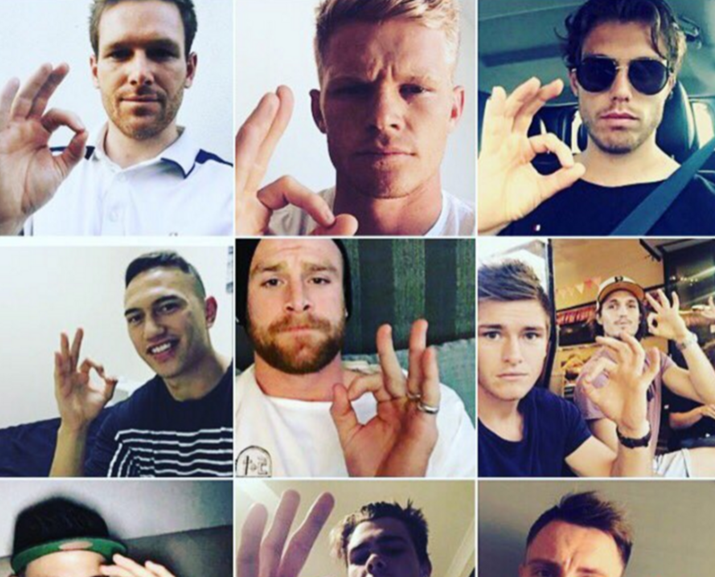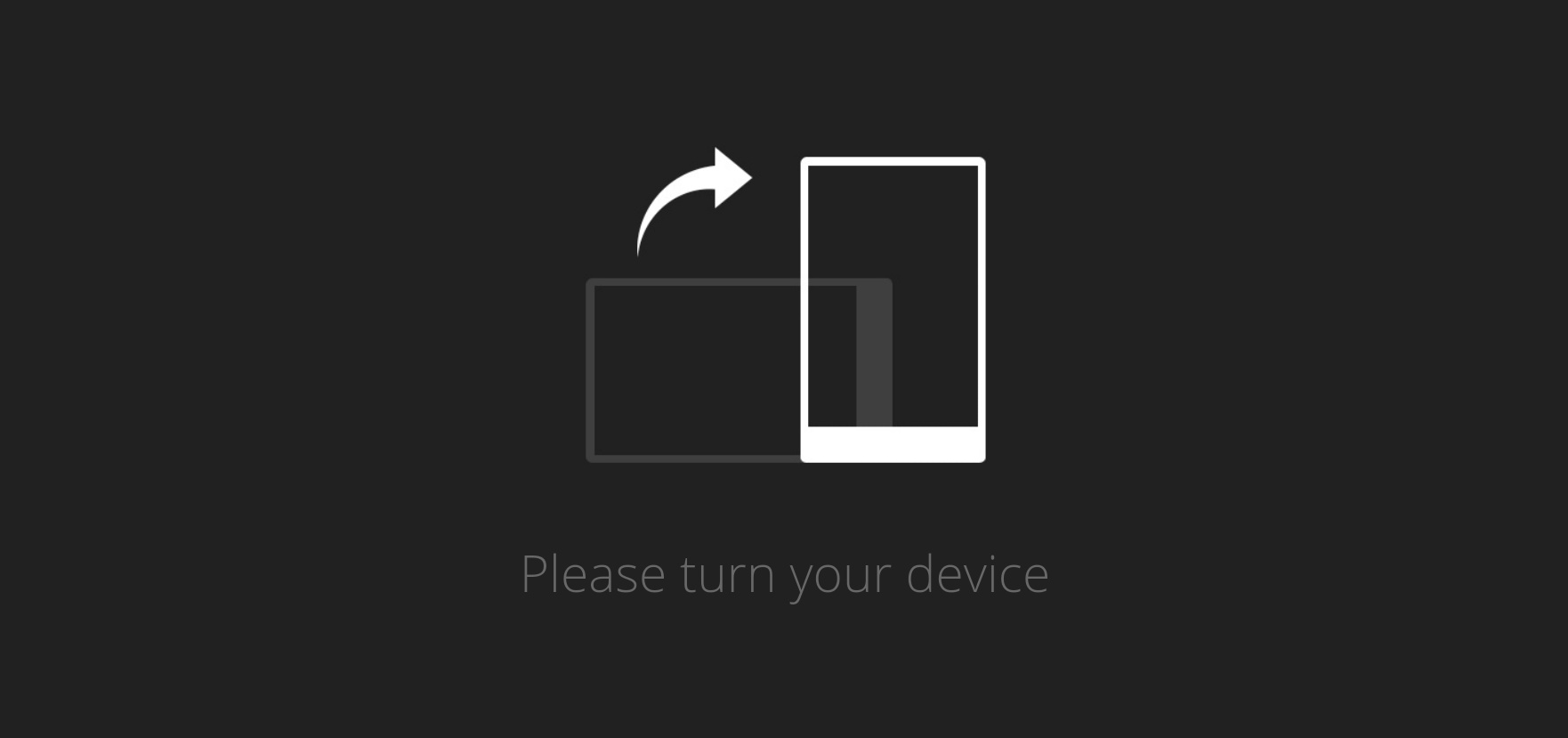
The Viral Social Media Campaign #ItsOkayToTalk Needs To Be About More Than Just A Hashtag
It’s important to not let hashtag #ItsOkayToTalk be just another viral social media campaign that comes and goes, where people just jump on the bandwagon without actually engaging in what the hashtag is trying to bring forward – writes Tina Rizkallah.
If you’re like most and can’t spend more than 30 seconds without checking social media, you may have noticed streams of men from around the globe posting pictures holding up the universal ‘okay’ hand gesture with the hashtag #ItsOkayToTalk.
The posts are part of a social media movement, headed up by Irish Rugby Star Luke Ambler, who started the campaign to raise awareness for men’s mental illness and suicide, after his brother-in-law took his own life last year.
Would love it everyone could take a ???????? pic and share the info pic and tag some others to do same! #ITSOKAYTOTALK pic.twitter.com/vfIlX08m3Q
— Luke Ambler (@Ambler09) July 31, 2016
The viral campaign started with 26-year-old Ambler posting a photo of himself with the ‘okay’ hand symbol, along with the hashtag and text outlining stats on men’s mental health and suicide rates in the UK. Then he nominated a bunch of his mates to do the same.
The movement spread like wildfire and made its way across to Oz practically overnight.
In Australia, male suicide has become a public health crisis, it continues to be a leading cause of death among men, and according to 2014 Mindframe statistics up to 75 percent of people taking their lives every year are male. The most alarming fact, and the thing that Ambler is hoping to change, is that the majority of men are not talking about their mental state with anyone. According to the Black Dog Institute, 72 percent of males suffering mental health problems don’t ask for help.
With #UK campaign #itsokaytotalk highlighting UK stats, important accurate Aus stats @LifelineAust @SuicideCallBack pic.twitter.com/jxAHHbjgvq
— Marc Bryant (@MarcJamesBryant) August 20, 2016
There are a bunch of factors that come in to play here, including stigma, embarrassment and shame, especially for some men who by nature feel the need to appear tough, unemotional and independent. Boys also sometimes prefer not to talk about their problems and possess a “I can handle it myself” mentality.
Ambler attributes the success of the campaign to it’s inclusiveness. Chucking up the ‘okay’ symbol and taking a snap is something everyone can do.
But it’s important to not let this be just another viral social media campaign that comes and goes, where people just jump on the bandwagon without actually engaging in what the hashtag is trying to bring forward.
#itsokaytotalk and it's more than ok to define your standards of masculinity. You're not less of man because you open up.
— Daniel Ramamoorthy (@iamdanram) August 10, 2016
It’s vital to think about the #ItsOkayToTalk message and keep the conversation around men’s mental health open, so no one ever feels like suicide is their only option.
Whether it’s starting up a support group, checking in on a mate if they seem down, or seeking support yourself, it’s the action taken on the back of these positive awareness campaigns that save lives.
Ultimately the campaign is about men feeling like they can talk about their well-being freely, without the social pressures of perceived ideals of masculinity, which often dictates how men deal with their own problems ‘like a man’- usually meaning on their own.
#itsokaytotalk but how do you respond? #conversationsmatter has tips to guide you #aus https://t.co/HtESASE45c pic.twitter.com/uIZOjc37nu
— Marc Bryant (@MarcJamesBryant) August 20, 2016
Since his brother-in-law’s passing last year, which Ambler described as unexplained and impulsive, he has started a men’s support group called ‘Andy’s Man Club’, which encourages men to come together and talk about their problems.
He hopes that the combination of the social media campaign and inspiring other men to start up similar groups, the #ItsOkayToTalk message will get across and help drop the number of male suicides by half.
The online suicide prevention campaign has already gained the support of a number of high profile celebs, including Ricky Gervais and Danny Cipriani, as well as some of our own Aussie Rugby stars including Paul Gallen and Beau Ryan.
@TheLadBible pic.twitter.com/tSPXKtQvhO
— Ricky Gervais (@rickygervais) August 5, 2016
The single biggest killer of men aged under 45 is suicide! That's 12 men everyday! Spread the word #ITSOKTOTALK ???????? pic.twitter.com/FQoXBa7wFV
— Danny Cipriani (@DannyCipriani87) August 3, 2016
As well as everyday champs from all over the country:
#itsokaytotalk reach out and talk to a mate – #suicide is the highest amongst young men pic.twitter.com/Yv6lwjkYSn
— Lifeline_WA (@Lifeline_WA) August 18, 2016
If you haven’t yet been nominated and want to get behind this important movement, men across Australia should jump on board, but also start actual conversations about mental health, beyond just the hashtag.
It’s okay to talk, so let’s actually talk.
If you are concerned about the mental health of yourself or a loved one, you can seek support and information by calling Lifeline 13 11 14, MensLine Australia 1300 789 978, Kids Helpline Official 1800 551 800 or beyondblue 1300 224 636.
